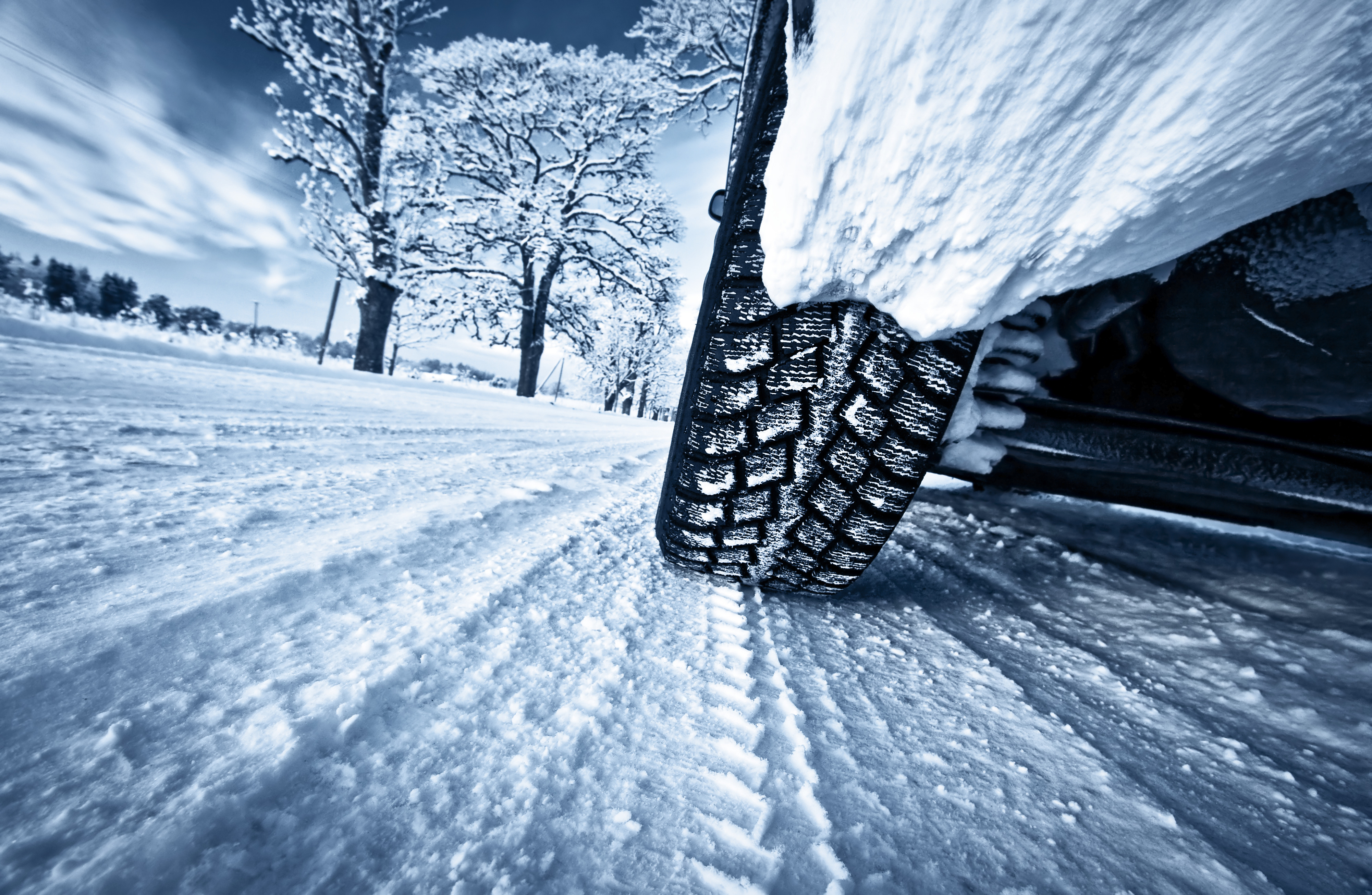


How to get the best mileage in winter
How to get the best mileage in winter
Do you feel like you've been spending more time at the petrol station in recent months? It's not a figment of your imagination! In addition to the reduction in winter temperatures, our automobiles' fuel efficiency drops throughout the colder months.
The winter season is dreaded by most drivers because it puts their vehicles' fuel economy to the test. Temperatures dip below freezing during these seasons, resulting in the inefficiency of most automobiles. When temperatures dip below 20 degrees, typical fuel automobiles lose up to 12% of their fuel economy.
Why is winter fuel economy lower?
Cold weather has more effects on your automobile than you would think:
● Because of the cold engine oil and other drive-line fluids, engine and gearbox friction rises at cold temperatures.
● Your engine takes longer to achieve its most fuel-efficient temperature. This has a greater impact on shorter trips since your automobile spends more of its time in less-than-ideal conditions.
● Reduced tyre pressure during the winter affects tyre traction, which results to greater resistance.
● Cold weather reduces battery performance, making it more difficult for your alternator to keep your battery charged. This also has an impact on the performance of hybrids, plug-in hybrids, and electric cars' regenerative braking systems.
● Heated seats and defrosters use more electricity from the car, resulting in higher fuel consumption.
● Colder air is denser, causing your vehicle's aerodynamic drag to increase, especially at highway speeds.
Here are a few basic things you can do (and avoid) to guarantee that your vehicle runs more effectively during winter. They will also save you energy and ensure you spend less time shivering at the petrol pump.
1) Check Your Tire Pressure
When the temperature lowers by around 10 degrees Fahrenheit, your tyre pressure reduces by about 1 psi, and your vehicle's fuel economy drops by roughly 0.4 percent for every 1 psi drop in pressure. Driving with under-inflated tyres is extremely risky since you increase your chances of sliding or a tyre blowout. Check your tyre pressure once a month in the morning — when the tyres are cold – for a more accurate measurement.
2) Take longer trips
In the hot summer months, hopping in the car for a short trip to the grocery store has little effect on your gas consumption. In the winter, however, this is not the case. A cold engine has to work harder to run, which consumes more fuel.
By combining numerous small journeys into a larger one, you can save petrol in the long term. The more you drive, the warmer the engine will stay and the better the gas mileage will be.
3) Minimize idling
Though common wisdom always held that you should idle your automobile to warm it up, most cars currently warm up faster when driven. Idling, on the other hand, gives you 0 km per litre. After about 30 seconds, start the automobile and drive gently away. This allows the car to heat up faster, lowering pollutants and improving the economy.
4) Try to park in a warm place
Use your garage if you have one! Parking your car inside rather than in the driveway might help you save money on fuel. Your engine will stay somewhat warmer in the garage than it would outside in the weather. This has two key advantages: it reduces the time required for your engine to reheat to a fuel-efficient temperature, and it saves you from having to use your vehicle's defrosting system, which can result in less mileage.
5) Clean your car on a regular basis
A car or truck laden down with snow or ice will operate less effectively, lowering your fuel efficiency. Before you drive, clear the snow from your car and de-ice it. If you have an open flatbed truck, keep the rear clean of trash, snow, and ice. Similarly, avoid employing vehicle attachments that might cause wind resistance, such as roof racks and other extras.
6) Check the grade and type of motor oil in your vehicle.
Your engine may require a different motor oil depending on the season, and using the proper motor oil for your car may decrease wear and the danger of engine damage in low weather. Adrol glide engine oil is not only effective in winters but it will also give you 20% more mileage. Adrol high mileage engine oil is the perfect partner for your winter condition. This mileage engine oil will protect your engine in the rough and harsh cold temperatures, emit less smoke and increase the drain life. Adrol glide is a high mileage engine oil that will also give you better pickup and produces better engine sound.
Do you need to put a stop to your fuel spending? Follow these simple tips and tactics to get the most out of your fuel efficiency and make a switch to Adrol glide engine oil.
Source:
Winter Driving Fuel Efficiency Tips (justenergy.com)
DISTRIBUTOR
HAPPY CUSTOMER
AWARDS
STATES COVERED